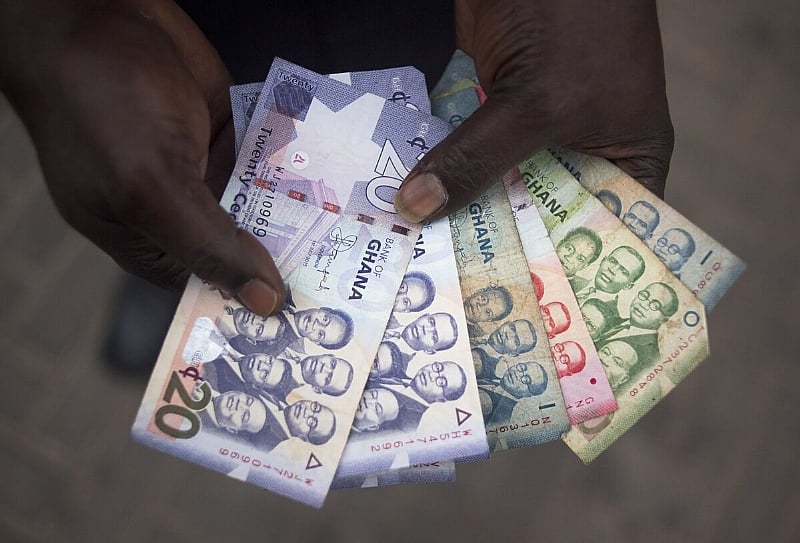The Ghanaian Cedi has experienced a notable appreciation against the US dollar, reaching a buying rate of GHS14.62 and a selling rate of GHS15.36 per dollar as of April 28, 2025. This positive trend is reflected across various exchange platforms, including forex bureaus and the interbank market. At forex bureaus, individuals looking to exchange dollars for cedis can obtain a rate of GHS15.45, while those converting cedis to dollars will receive GHS15.85 per dollar. This information is sourced from Cedirates.com, a reliable platform providing real-time updates on currency and fuel prices in Ghana. The strengthening of the cedi against the dollar signifies a positive development for the Ghanaian economy, potentially influencing import prices and overall economic stability.
The interbank market also demonstrates the cedi’s appreciation. Banks are buying dollars at GHS14.54 and selling them at GHS14.56. This slight difference between buying and selling rates is typical in the interbank market and represents the spread or profit margin for the banks. The consistent appreciation of the cedi on both the forex and interbank markets indicates a broader trend rather than an isolated fluctuation. This strengthening could be attributed to various factors, including increased investor confidence in the Ghanaian economy, improved export performance, or effective monetary policies implemented by the Bank of Ghana.
The cedi’s improved performance extends to other major currencies as well. Against the British pound, the average exchange rate for converting pounds to cedis stands at GHS19.36, while converting cedis to pounds is at GHS20.40. For the euro, the exchange rate is GHS16.49 for euro to cedi conversions and GHS17.48 for cedi to euro conversions. These rates, observed in the broader market, showcase a general strengthening of the cedi and its improved purchasing power relative to these major international currencies. This could potentially lower the cost of imported goods from the UK and Eurozone, benefiting Ghanaian consumers.
The Bank of Ghana’s interbank rates further corroborate the cedi’s positive trajectory. The pound is selling at GHS19.40 on the official interbank market, while the euro is trading at GHS16.56. These rates, set by the central bank, provide a benchmark for currency exchange within the banking sector. The alignment of these rates with the broader market trends indicates a healthy and stable currency market. The Bank of Ghana’s role in regulating the interbank market is crucial for maintaining stability and preventing significant fluctuations that could negatively impact the economy.
Money transfer services like LemFi and Afriex offer competitive rates for remittances from the US and UK to Ghana. For dollar transfers, LemFi provides a rate of GHS14.65 per dollar, while Afriex offers a slightly more favorable rate of GHS14.51 per dollar. For pound transfers, LemFi’s rate is GHS19.50, and Afriex’s rate is GHS19.41. Euro transfers through Afriex are processed at GHS16.72 per euro, while LemFi offers a slightly lower rate of GHS16.62 per euro. These competitive rates offered by money transfer operators benefit Ghanaians receiving remittances from abroad, maximizing the value of their transfers. The relatively small differences in rates between these platforms highlight the competitive landscape of the remittance market.
For digital subscriptions like Netflix, Spotify, and Apple Music, payments made via Visa and Mastercard utilize an exchange rate of GHS15.62 per dollar. This rate is slightly higher than the interbank and money transfer rates, reflecting the fees associated with international card transactions. This information provides clarity for consumers using these services and allows them to accurately calculate the cost of their subscriptions in cedis. The consistent exchange rate for digital subscriptions simplifies budgeting for these services and ensures transparency in pricing. The cedi’s overall positive performance against major currencies suggests a strengthening Ghanaian economy, with potentially positive implications for businesses, consumers, and the overall financial landscape.


